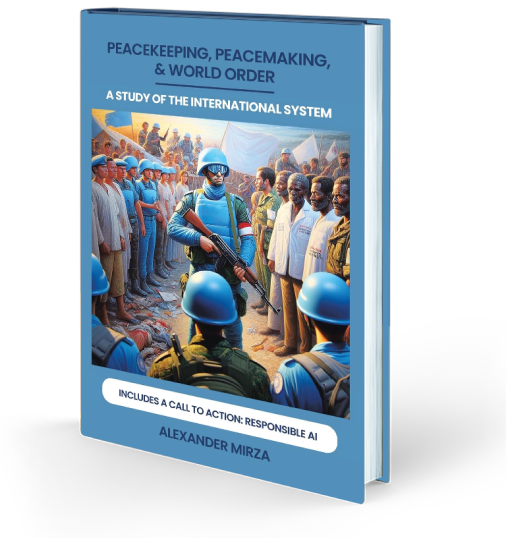Talent Disruption: People are the brands
Leveraging Artificial Intelligence to Scale Human Capital
This book delves into the historic challenges faced by hospitality and the service industry amidst unprecedented labor shortages, technological and geopolitical shifts. It provides a roadmap for building a global talent engine and highlights the need for a paradigm shift from legacy HR technologies to a marketplace enabled by AI, big data, experiential learning, and virtual reality. It explores new organizational models for managing human capital across borders and shares the triumphs and tribulations of the “Top 100 Hotel General Managers,” also known as the bona fide moguls of hospitality.The author, who led strategy and development functions for hospitality chains before becoming a hotel CEO himself, leads a VC backed team that built the industry’s first AI powered talent marketplace whose purpose is to perfect meritocracy and accelerate diversity.
Also check what Alexander Mirza shares about Talent Disruption.


Reimagining Global Hospitality
Envisaging The AI Hotel of the Future
This book provides a strategic roadmap creating the next generation of brands and experiences that create new wealth and make a difference in the world. It provides insights into using new technologies such as artificial intelligence to innovate the customer experience, restore meritocracy in the workplace and reshape economies with sustainable tourism. The author shares emerging business models and systems of corporate governance in diverse regions of the world and shares potential implications for government policies in a turbulent, multi-polar world.
Peacekeeping, Peacemaking, & World Order
A study of the International System
The book provides a comprehensive analysis of the UN’s role in peacekeeping and peacemaking in the post-Cold War era. The author evaluates the strength and shortcomings of multilateralism, its evolution, challenges, and failures. The author sees a role in peacemaking operations through U.N. multilateralism to address self-determination movements and solve the debate between humanitarian intervention and national sovereignty.
